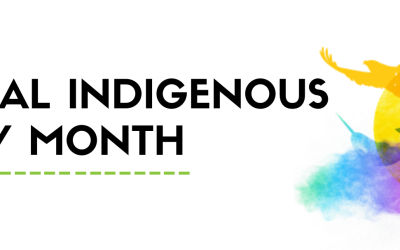Much is being made of Canadian references in the most recent presidential debate. Canada was mentioned three times by Mitt Romney, the Republican Party’s nominee for president. Twice was in reference to the Keystone XL pipeline project, which Romney said he would approve if elected. The other was Romney’s mention of Canada’s advantageous corporate tax rate.
Romney made specific mention of the corporate rate as one area where the U.S. could learn from Canada.
One other area where the U.S. could learn is on indigenous policies. Canada, in its recent federal budget, announced its support for legislation empowering First Nations governments to create individual property rights on reserves.
The Democrats, to their credit, mention in their 2012 electoral platform the passage of the HEARTH Act [Helping Expedite and Advance Responsible Tribal Homeownership Act] to promote greater tribal self-determination and create jobs in Indian country. The bill significantly cut the time it takes to approve leases for homes and small businesses in Indian country. However, the bill stopped short of transferring full title over lands and resources to Native American governments, as is being proposed in Canada.
The Republicans, to their credit, in their 2012 platform, mention strengthening tribal governments and recognize government as central to the problem. The Republican platform reads: “Republicans believe that economic self-sufficiency is the ultimate answer to the challenges confronting Indian country. We believe that tribal governments and their communities, not Washington bureaucracies, are best situated to craft solutions that will end systemic problems that create poverty and disenfranchisement.”
The problems confronting Canada’s First Nations and America’s Native American communities are quite similar and stem from government control and paternalism.
Both political parties can take a page from Canada and call for greater property rights for Native American governments and eventually citizens.


